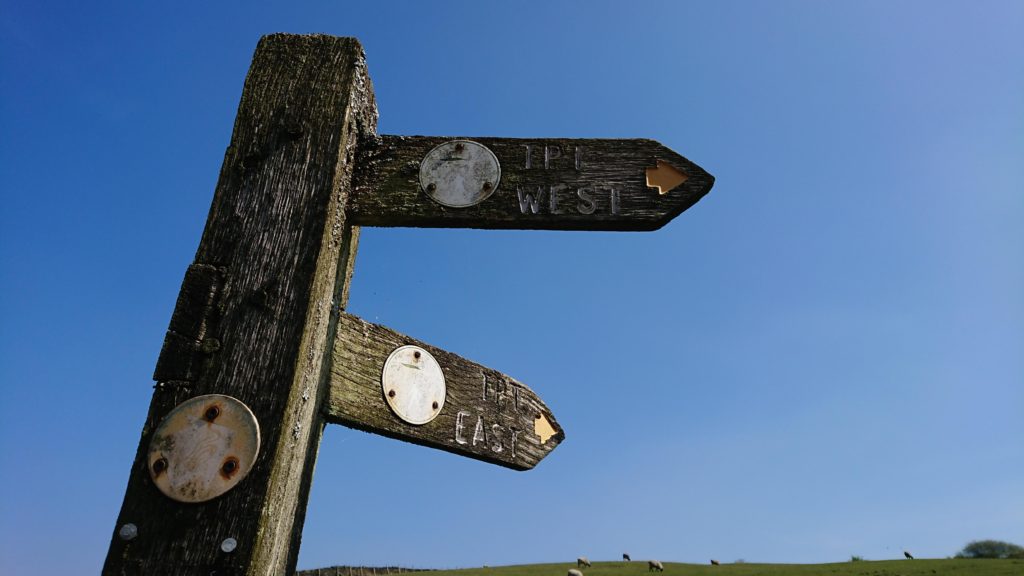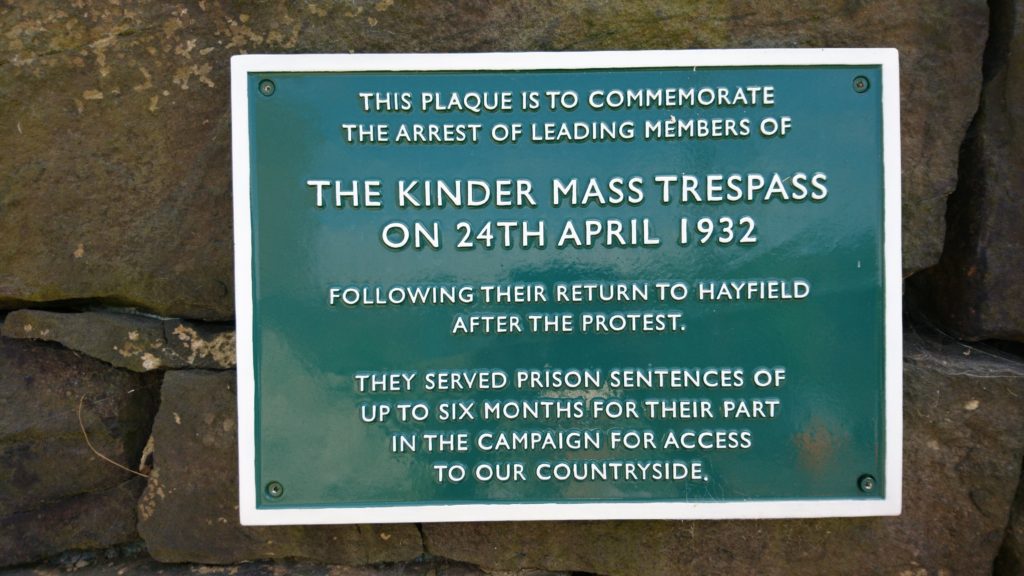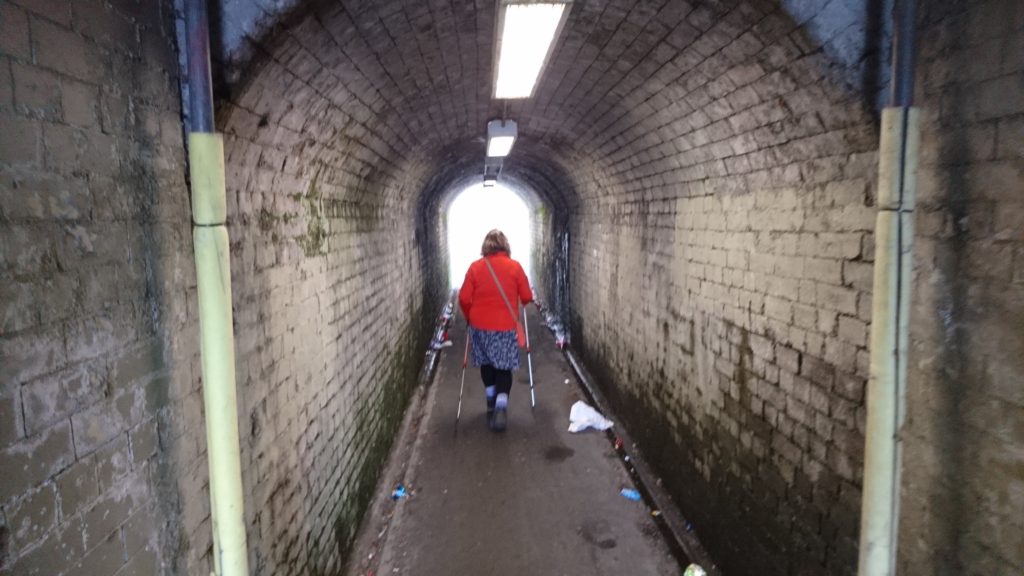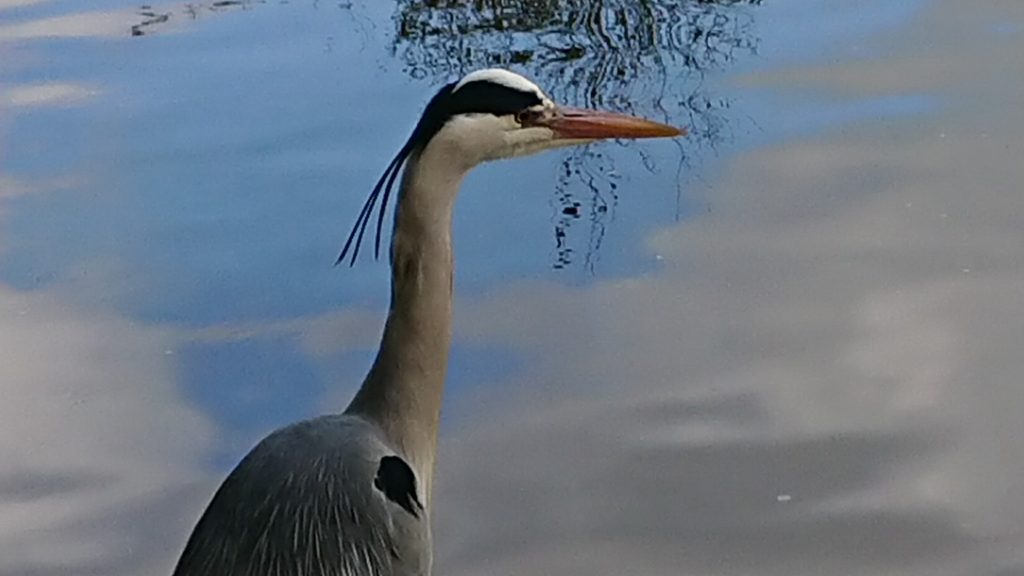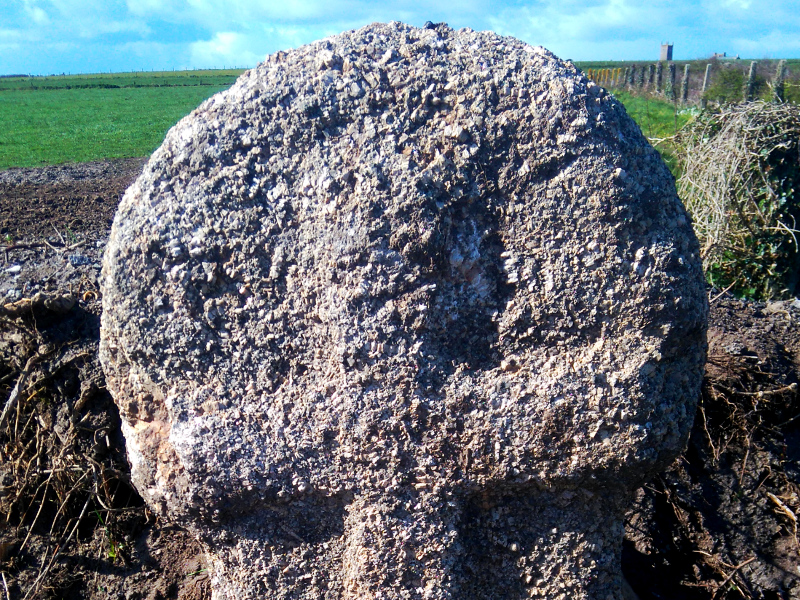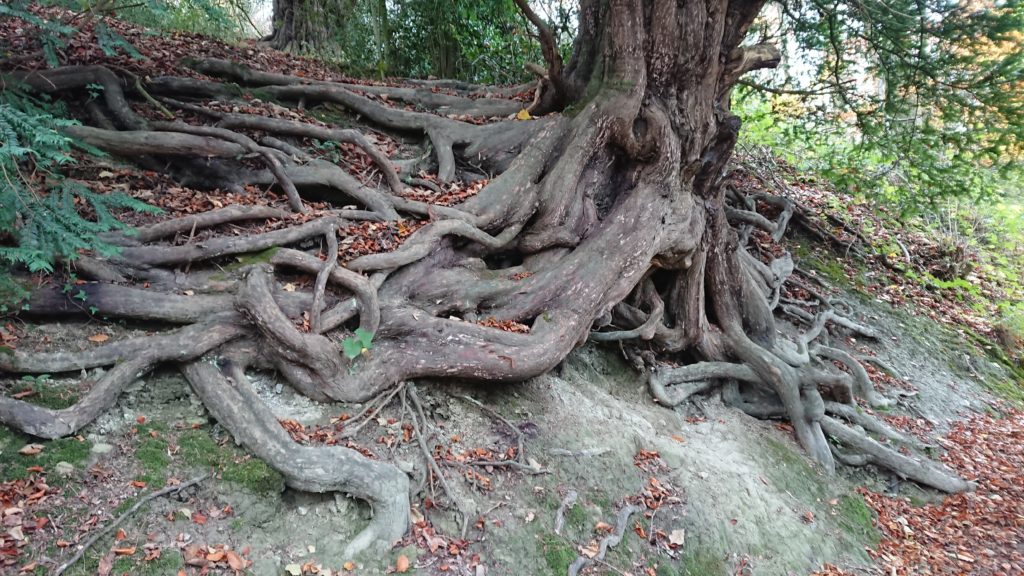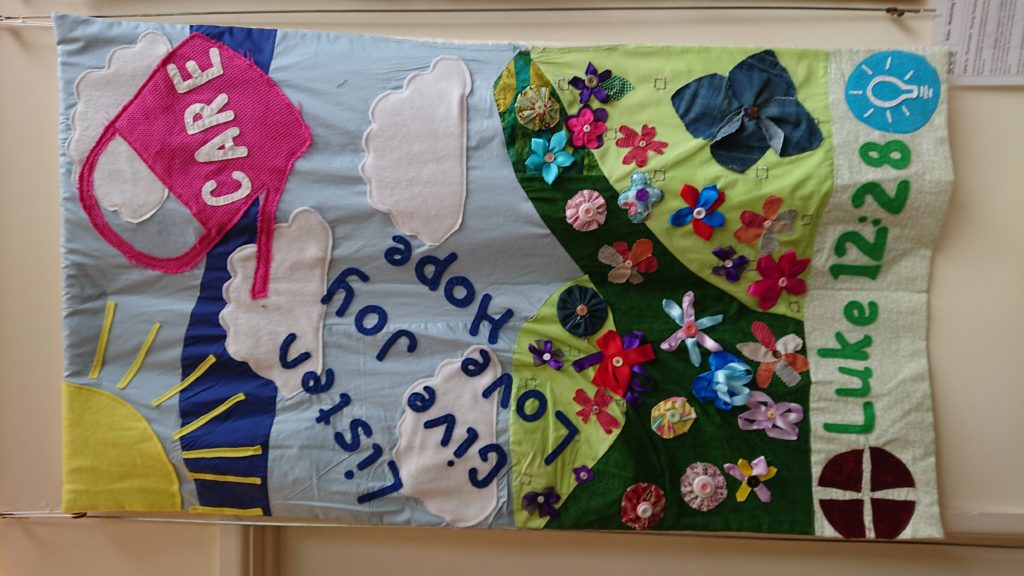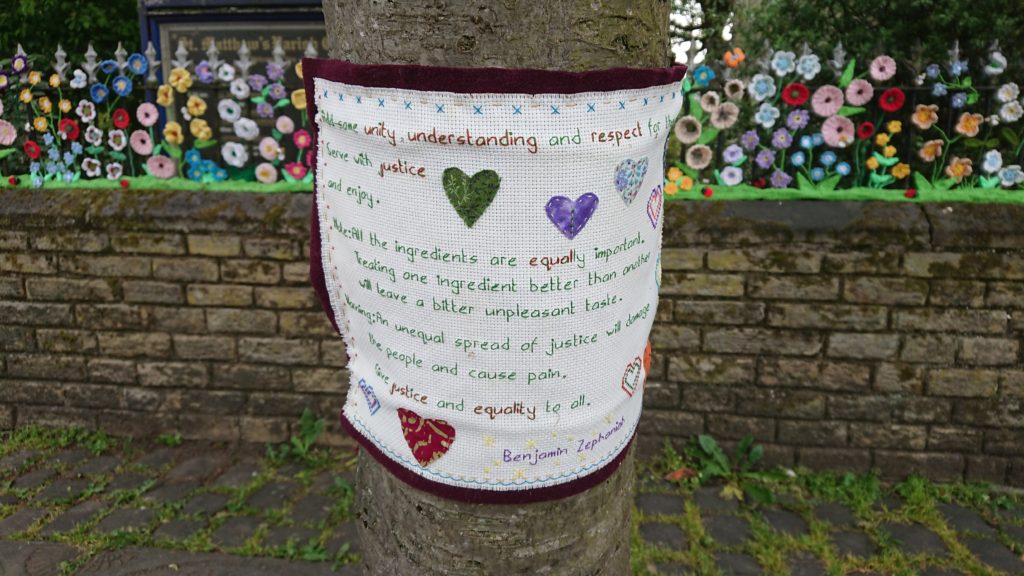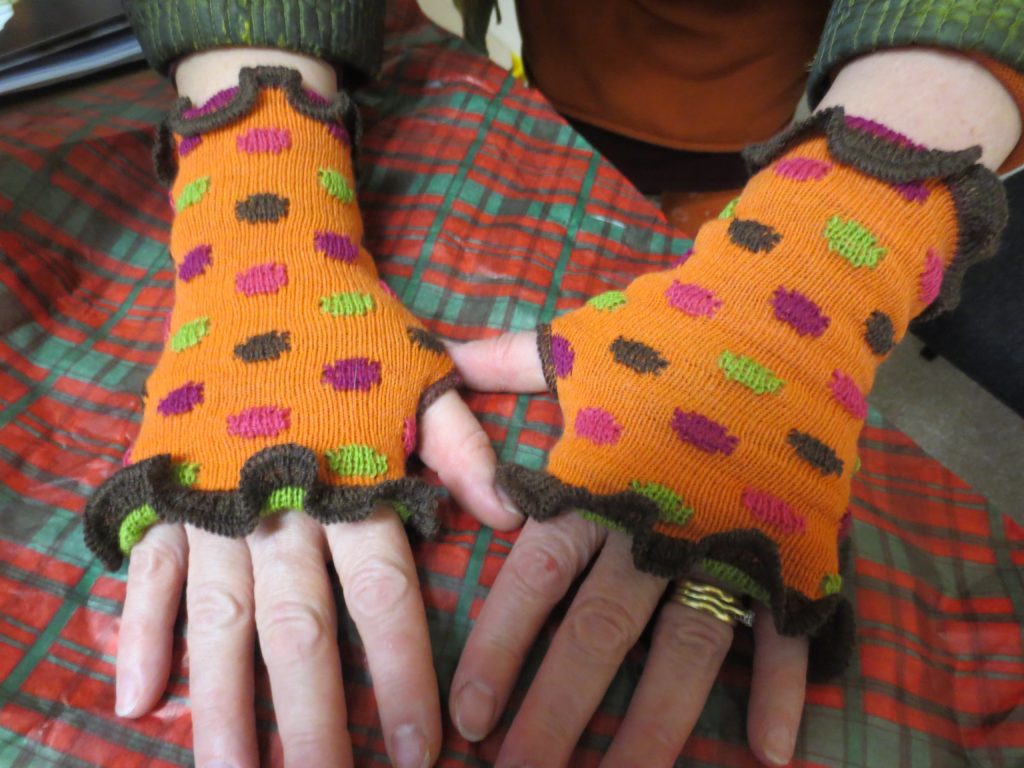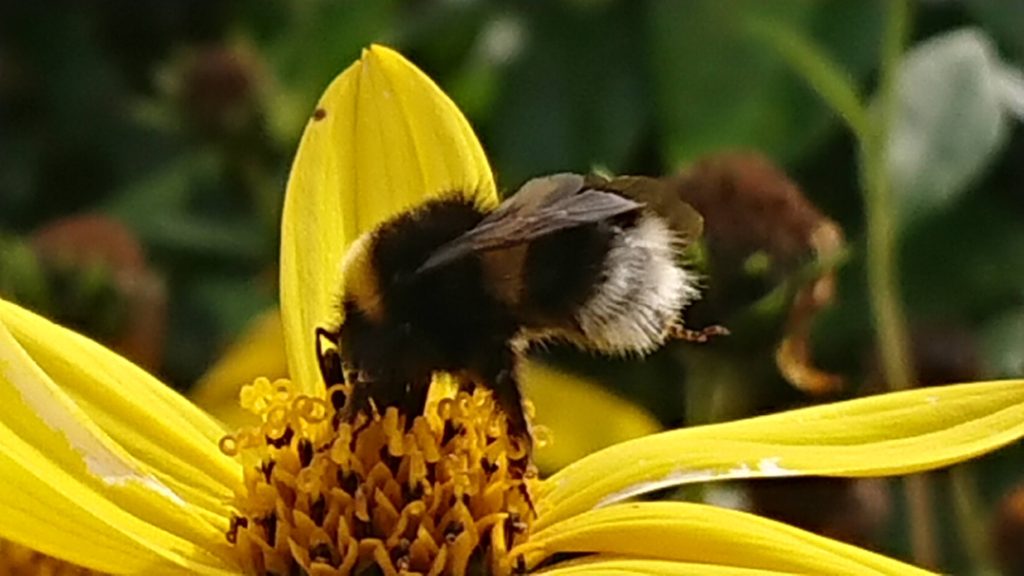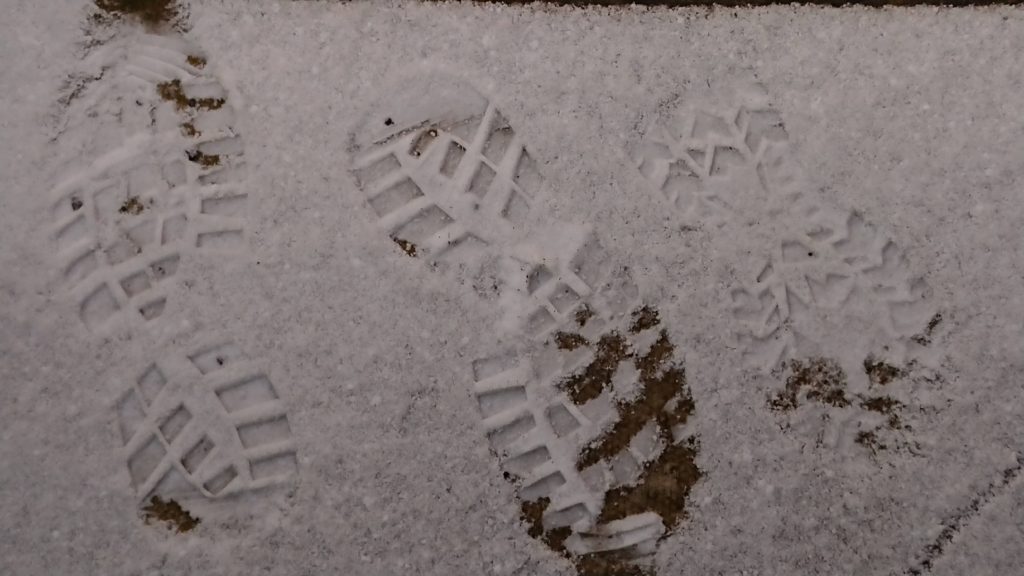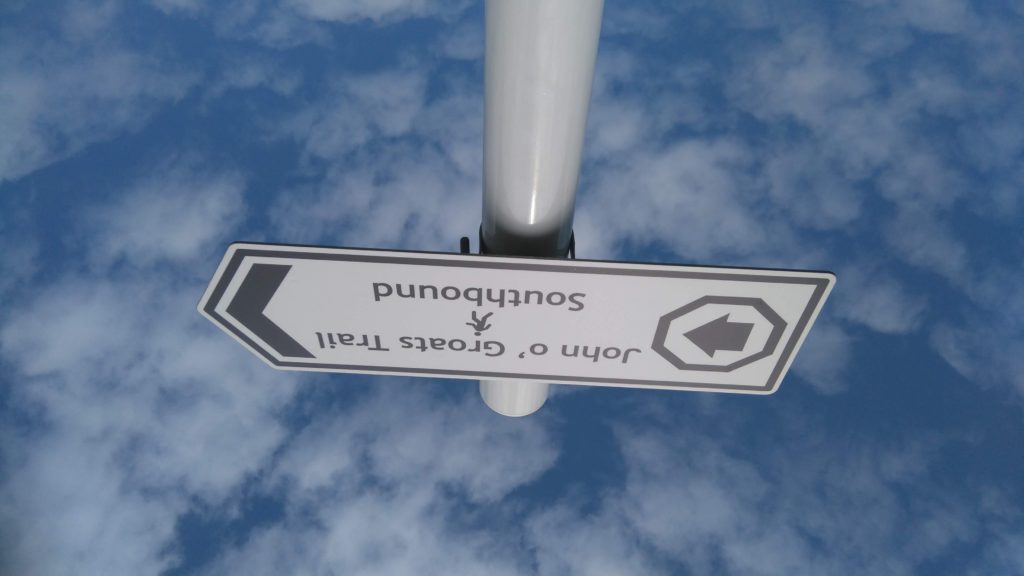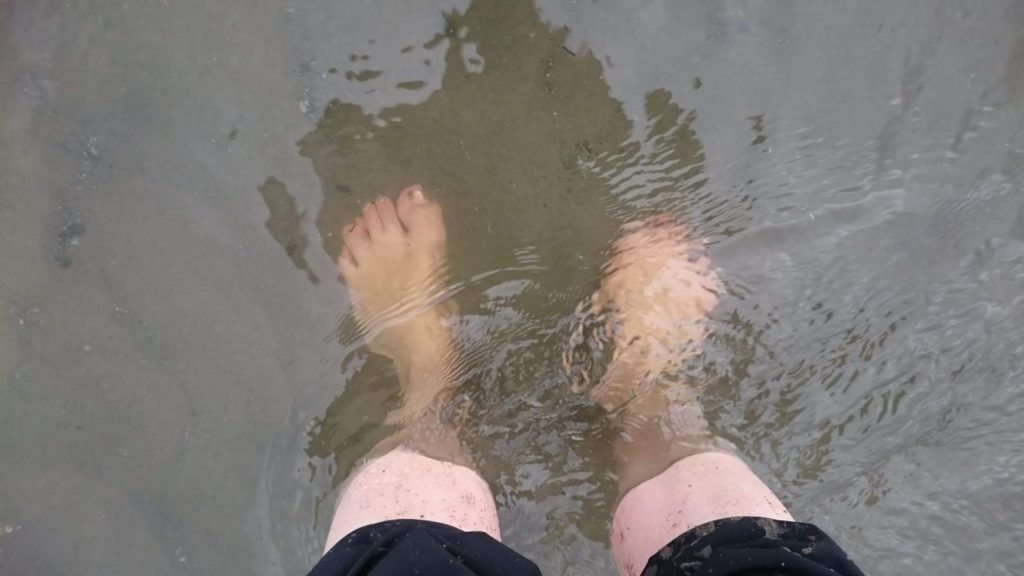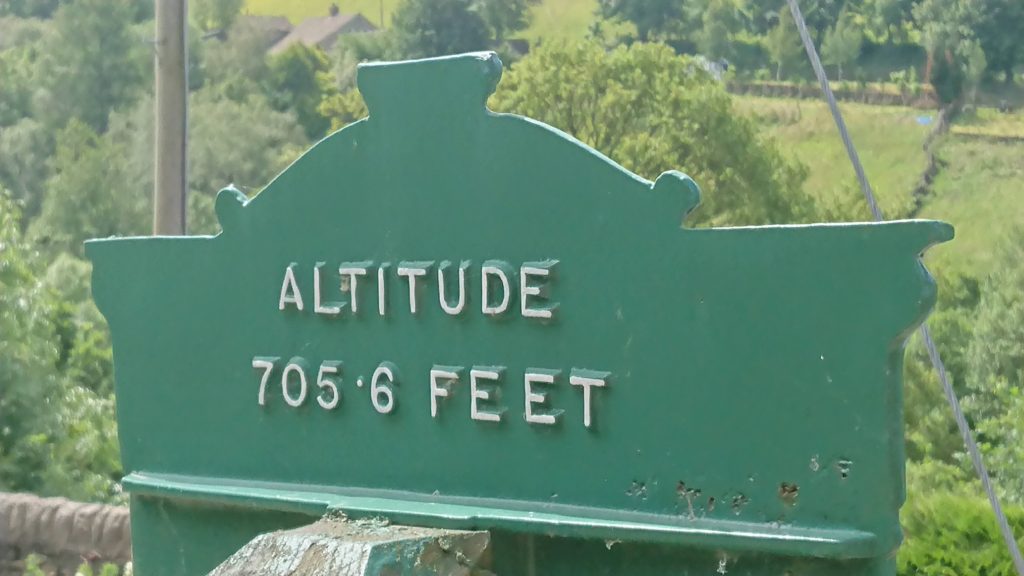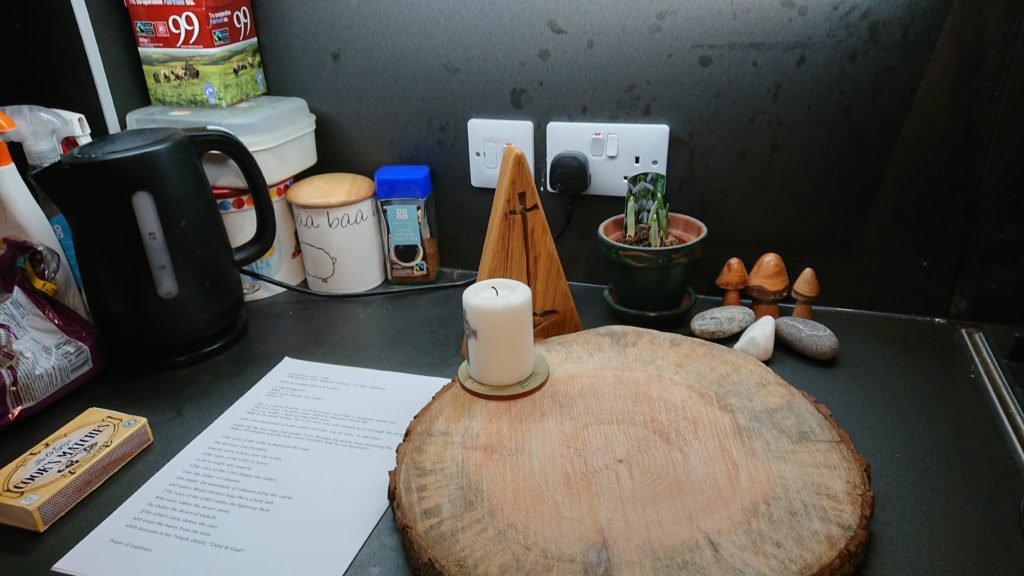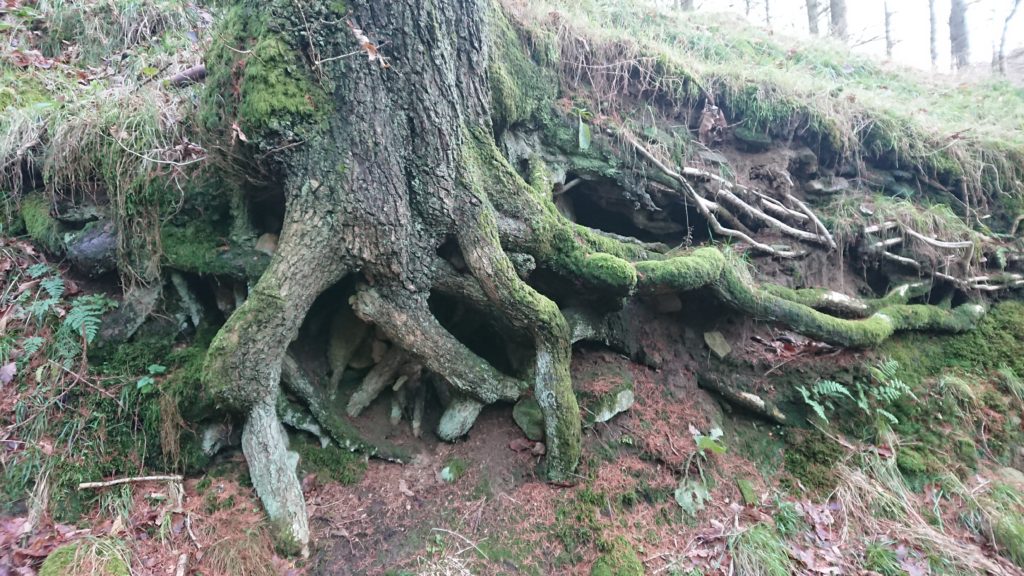Reform is a popular term, frequently on the lips of English speaking people. Looking back to a golden age is a popular pastime. If only we could get back to it, everything would be great again.
It seems a good time to revisit the Benedictine Reforms of the 10th century in England, coinciding as this does with Benedict’s week – sixty years as Patron of Europe. Many thanks to Dr Charles Insley of the Lay Community of St Benedict for his talk on this subject. This interpretation is my own.
I’ll leave it to you to find out about the authorised version or versions: there’s several out there. I’m going to try to write from the perspective of Aelthfryth, wife of Edgar, the first woman to be annointed Queen of England, from about 965-976 AD.
Nothing written by her survives, indeed we don’t even know if she could write, but it seems plausible as she was from the royal family of Wessex. Edith of Wilton was her stepdaughter through her husband’s prior relationship, not sure if it was marriage, with Edith’s mother Wulfthryth.
Dear Edith,
I write to you as a mother writes to her daughter but also as a daughter writes to her mother. We are both mother and daughter to each other and I am blessed by that understanding.
As the bible says, there’s a time for everything under heaven and now my time has come to write about the life God granted me as Queen of England. Not something I ever sought, you will know my first husband was killed by outlaws on a visit to Northumbria. Later I came to question this version of events as I got to know my Lord and King, Edgar, better: maybe the outlaws were inlaws when it came to Edgar’s wishes.
That was the first time that I recognised my life progressing in step with my forebears in the faith. Bathsheba found herself at David’s mercy when Uriah the Hittite, her first husband, was killed on his orders so that he could make her his queen. Such is the power of kings. They often seem to share a similar morality as well. My first boy died, as did hers. I wonder if this also part of the price women pay for the whims of powerful men.
That day at Bath when I was crowned Queen was a day I will never forget yet never expected. I quite thought Edgar would tire of me soon enough. He’d got his heir and I was happy to come to Wilton or a similar house. But instead, perhaps wanting to make the most of the pomp and pageantry offered by his reforms, we were consecrated side by side. Of course, that has been useful since if not in quite the way I expected. I’m certain history will add its own layers of propoganda to my story. We all know powerful women attract harsh claims of which witchcraft is the most common. You will undoubtedly hear me called a witch in good time.
That coronation gave me new responsibilities, particularly as far as Benedictine houses for women were concerned, as you know. How I love Wilton, but the role has been hard in many other places. What should I make of Barking for example? Please pray about this with me.
Most especially pray for all holy women, that they be kept safe from predators that infiltrate even the sanctity of their houses. My husband’s own example is not a good one and as a result laymen up and down the land seek to display their influence in unholy ways, stealing piety and purity from our sisters where they can. So many come to me for help. I will send them onto Wilton and other safe houses when I can.
I remain your mother in life and your daughter in faith, in the hope and help of the Mother of our Lord, she who embraced the role of lifegiver, regardless of potential shame and said ‘Yes’ to the amazing power of God to lift up the lowly and put down the proud. May she pray with us everyday.
Signed by my hand, Aelthfryth, Queen of England.
Actually written in Longdendale, by Janet Lees, Wantering Anchorite, for St Benedict’s Week 2025

